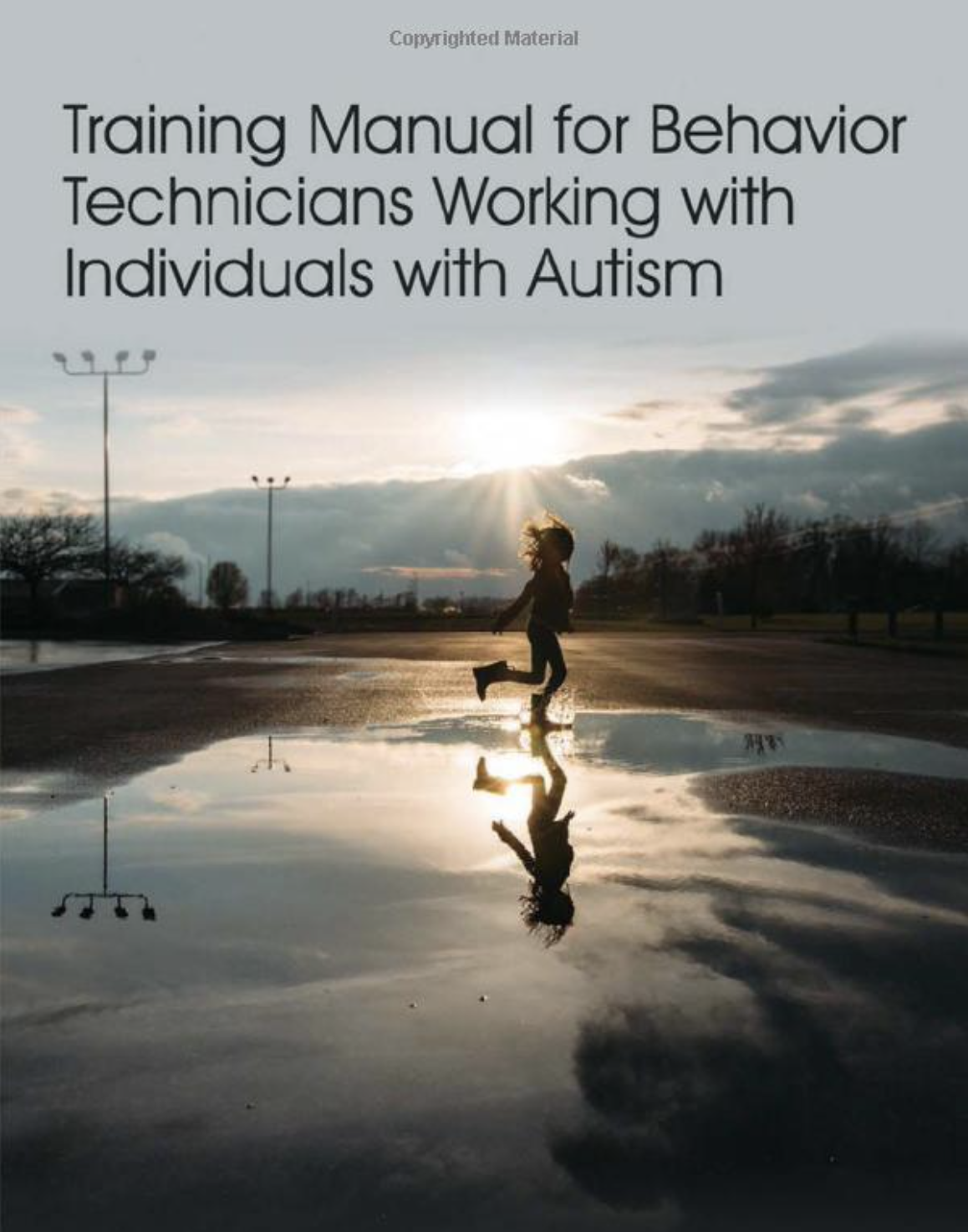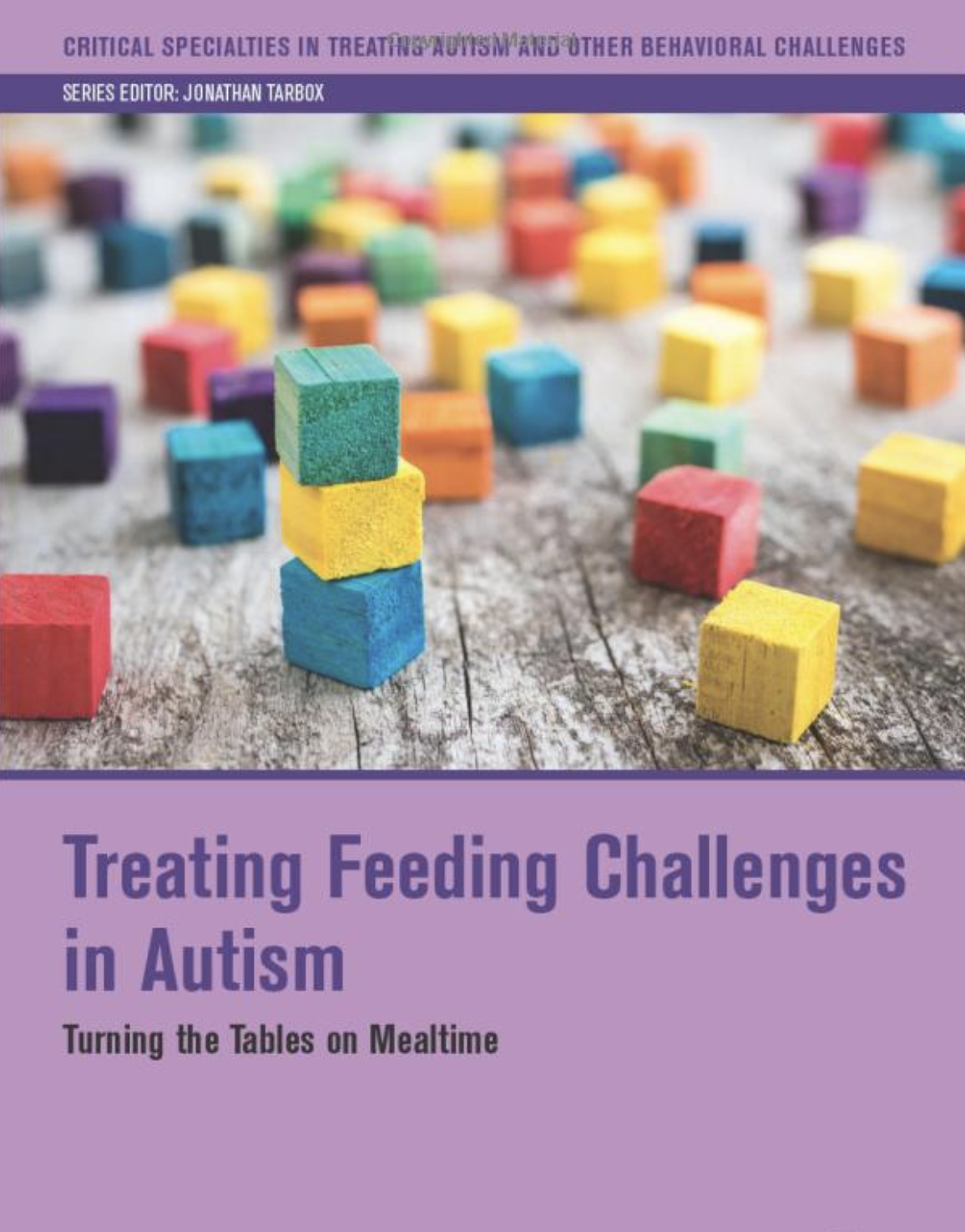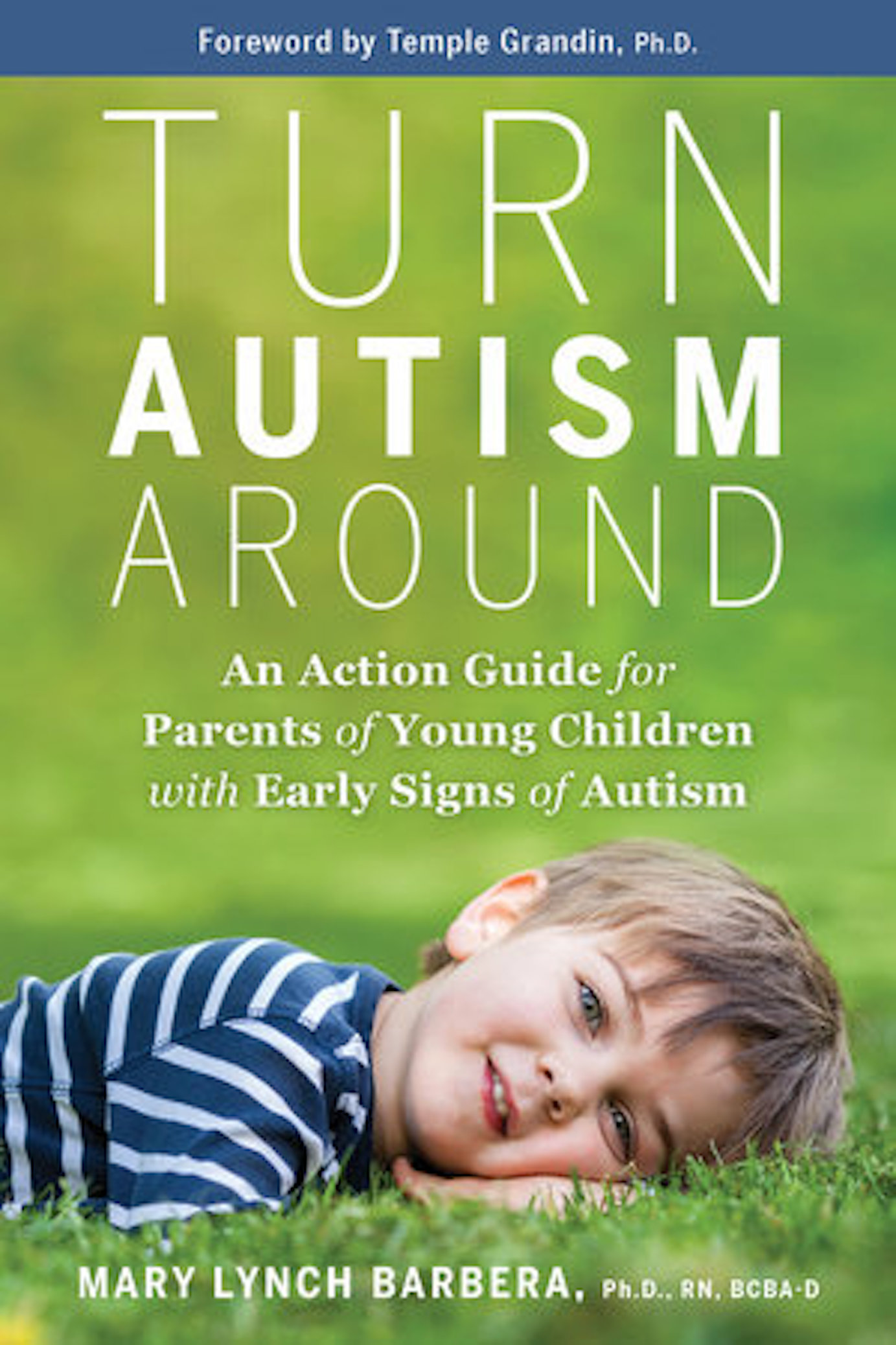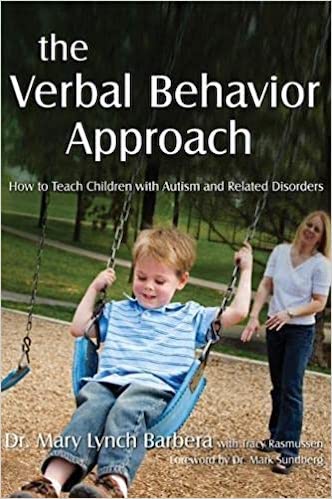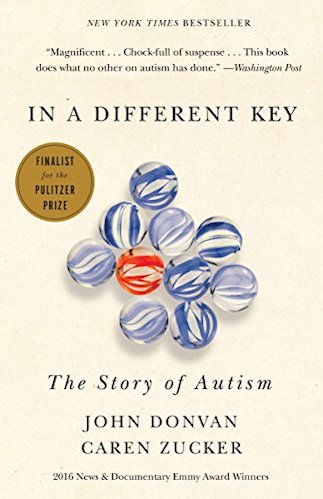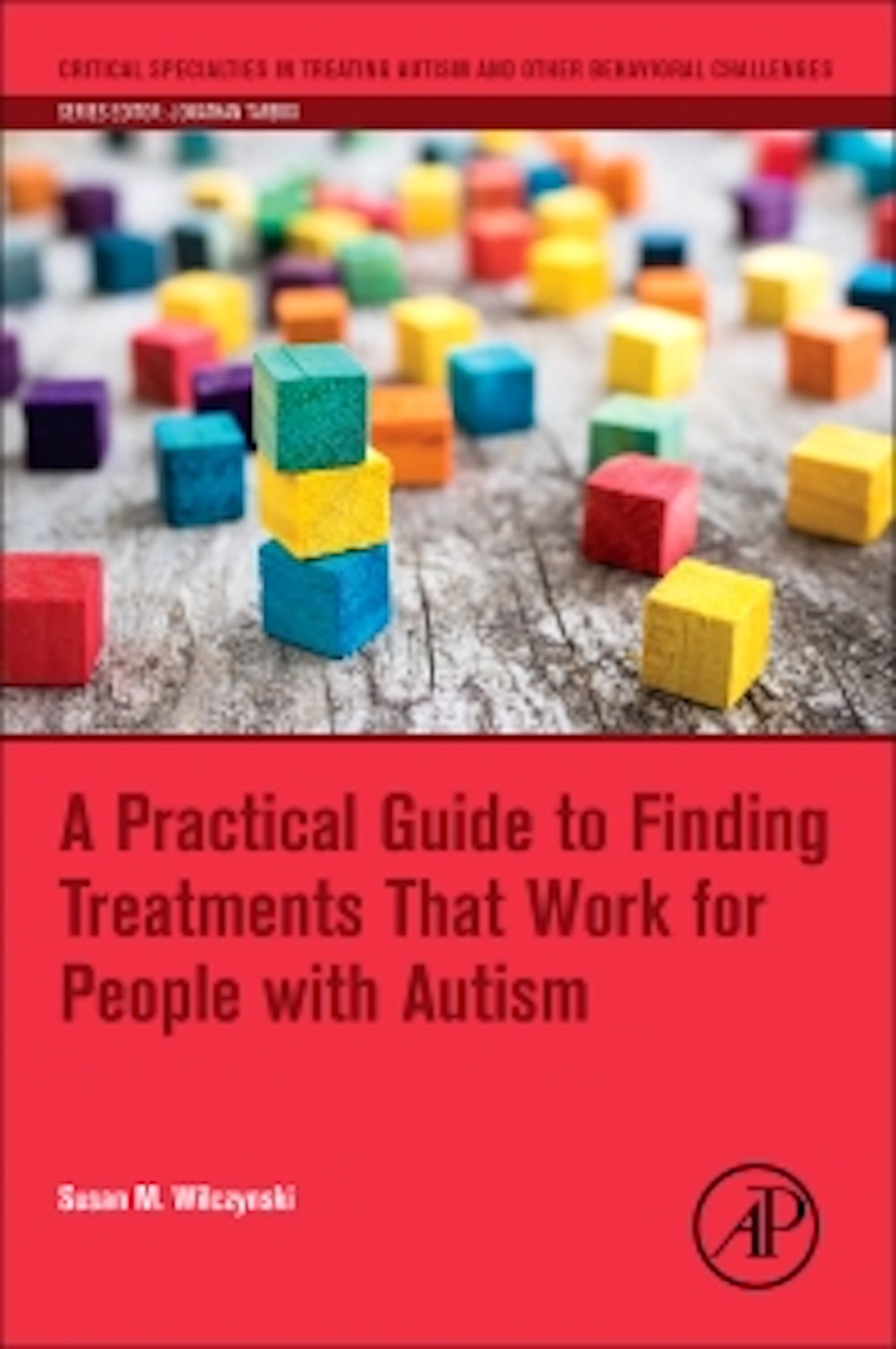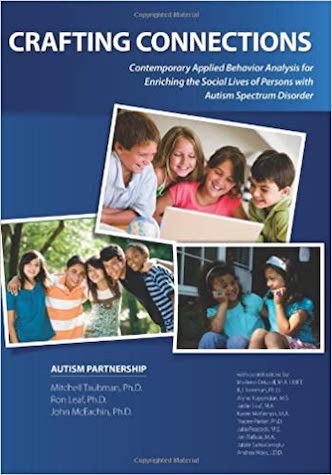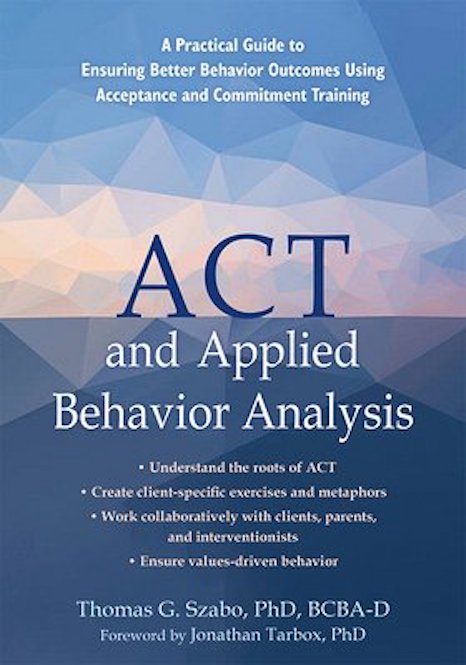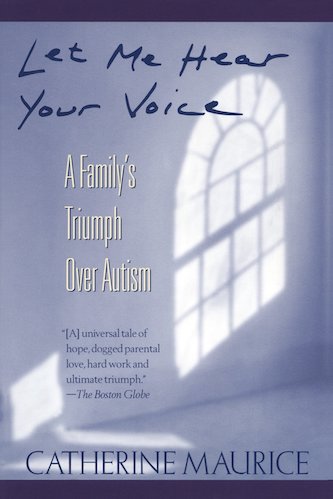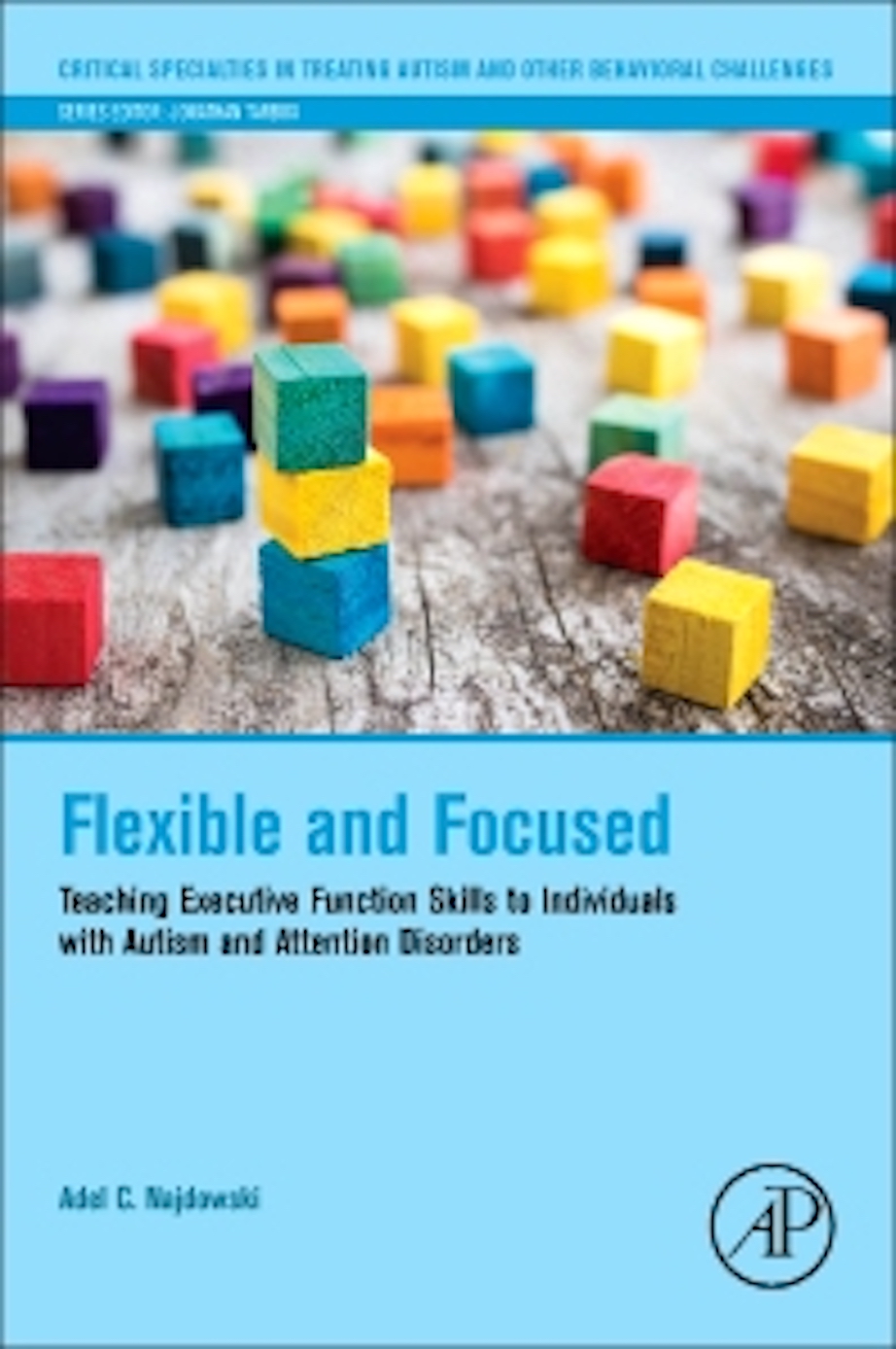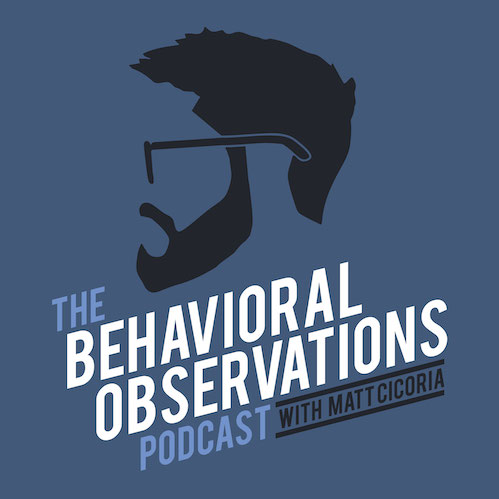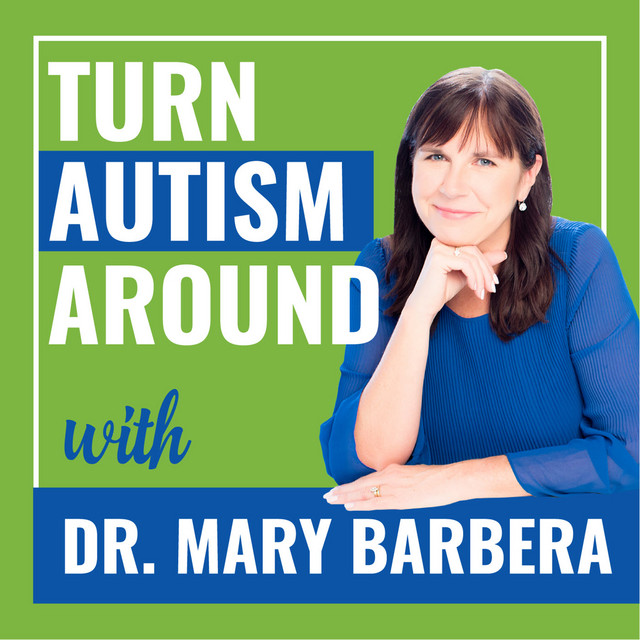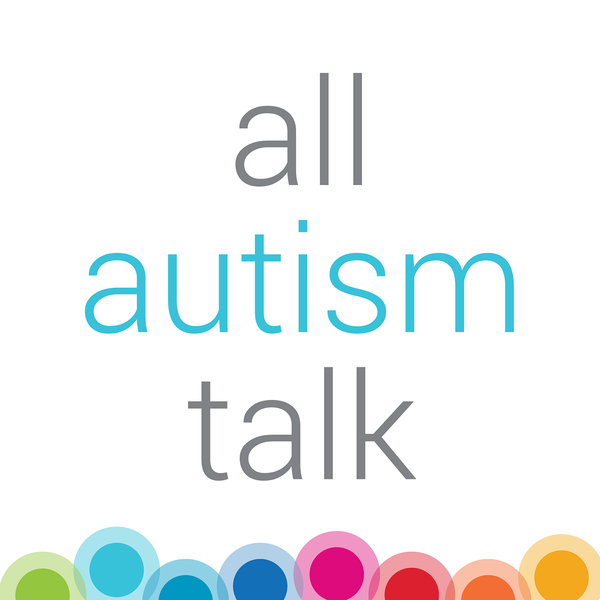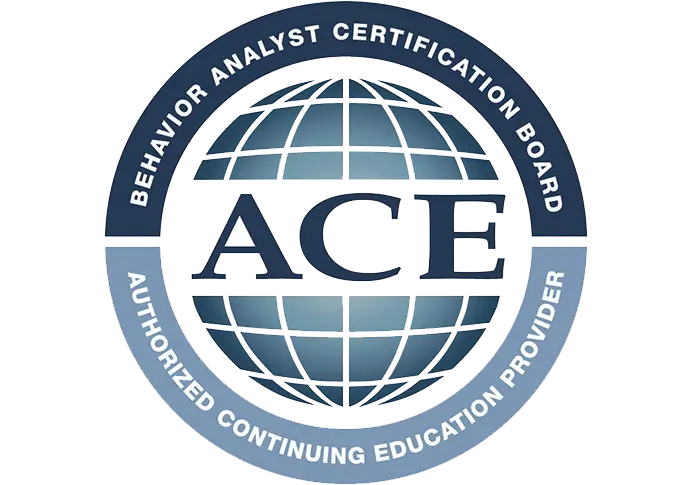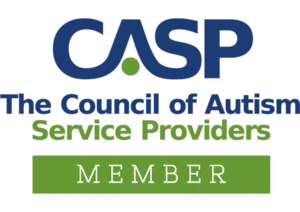For Caregivers

As a FirstSteps client, we will do our best to support you as you navigate the autism service landscape. Please read below to learn about the process of starting an ABA program including everything from securing funding to setting up your child’s environment. Remember, we are here to support you and would love to talk with you at any time. We hope this page is helpful and look forward to your feedback.
Get Ready to Begin ABA Services
There are many things to accomplish before your child’s ABA program begins. Getting ready to start treatment is often described by families as an exciting yet often overwhelming process. From researching intervention options and providers, scheduling assessments, completing a myriad of forms, many families find themselves a bit busy. It is our hope to provide you with a clear roadmap to guide you through these first steps of your ABA journey.
Your First Steps to Accessing Services:
1
We are here for you. Whether you are certain about FirstSteps or simply have questions about ABA, please submit an ENROLLMENT INQUIRY or reach out to your local FirstSteps office to speak with our New Client & Community Relations Specialist. She will explain the process, answer questions, and provide you with referrals if needed.
2
3
3
The more we know about your little one, the better! Gather and send us all previous assessments, your child’s diagnostic report, IEPs or IFSPs, etc. so we may learn all we can prior to meeting your family.
4
4
Tell us about your family, your child’s preferences, interesting facts, their strengths, and your concerns and goals for treatment. If you would like to access your medical insurance benefits, be sure we have that information as well. By completing our paperwork in advance, we will be ready to focus on your child and your family’s goals when we meet in person.
Our Intake | Enrollment Process
Your First FirstSteps Meeting
Your First FirstSteps Meeting


FirstSteps Assessment Sessions
Treatment Plan Review
Treatment Plan Review

So What Do You Do While Waiting?
Research
Research
Follow These Steps!
Follow These Steps!
Make a Plan for Making Learning FUN
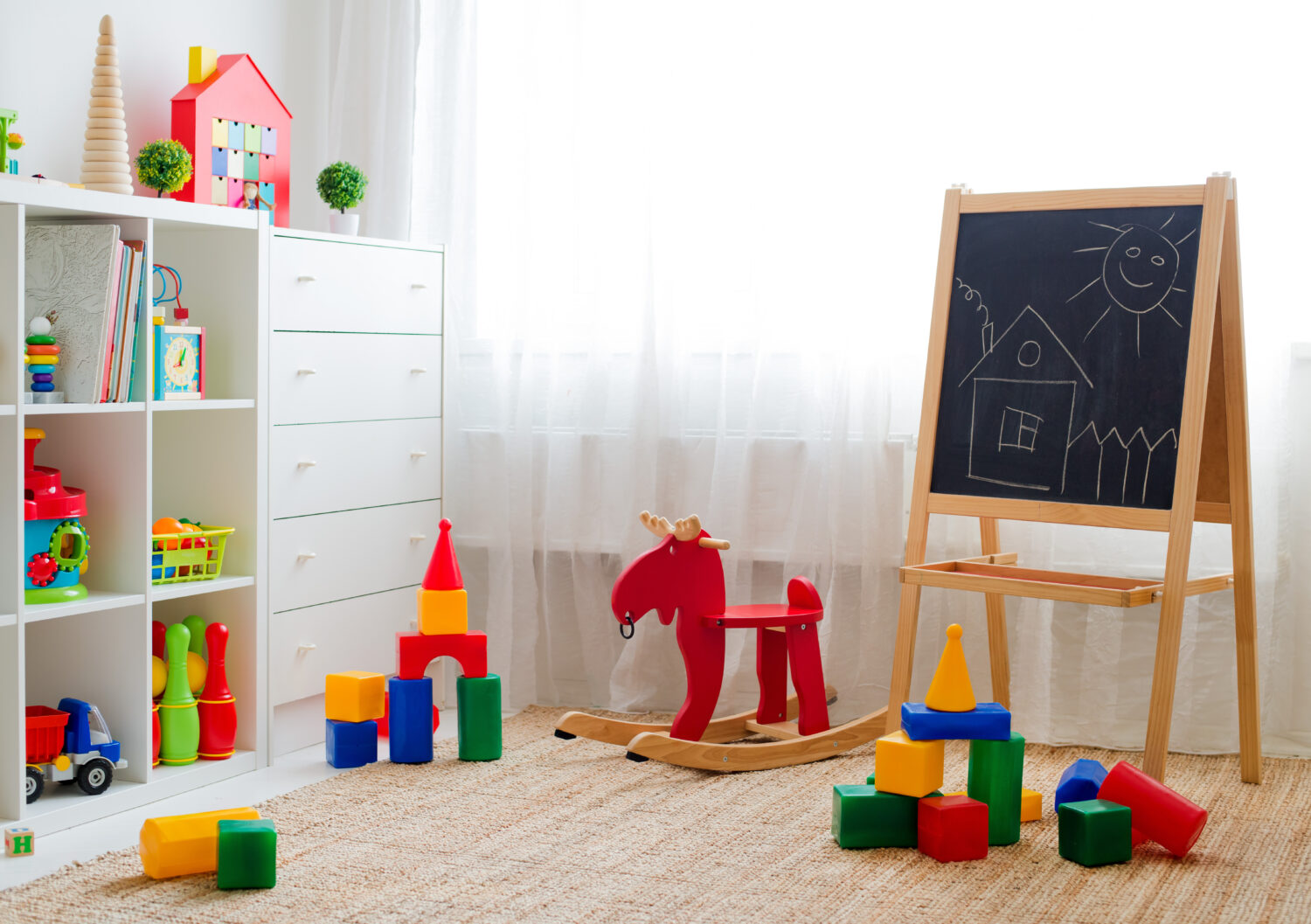
Set Up a Great Learning Environment
Grab a Notepad
AND Take Note!
Frequently Asked Questions
Ask Questions
Ask Questions
Recommended Reading & Listening

By FirstSteps Authors
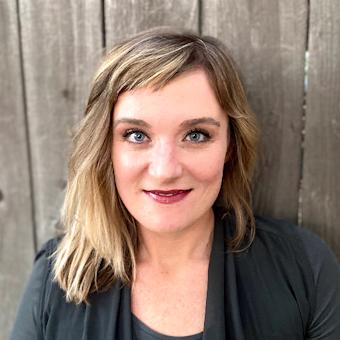

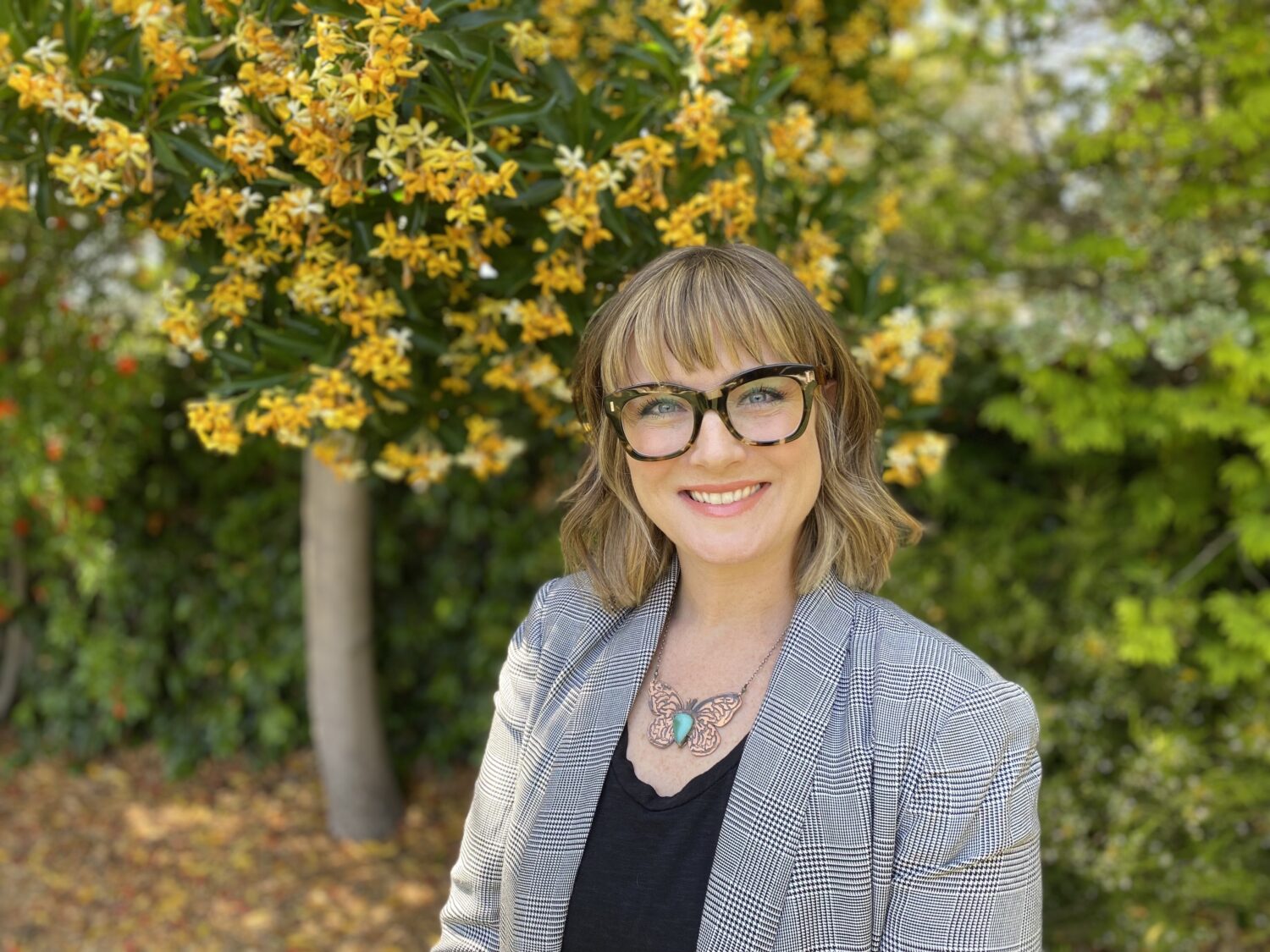
Other Highly Recommended Reads
Recommended Podcasts Featuring Our Director of Research
Scientific Publications

There are hundreds of scientific studies demonstrating meaningful treatment outcomes for autistic children who receive therapeutic levels of ABA. We have listed some of the seminal studies here for your reference. We are happy to assist our FirstSteps families with securing the full articles upon request. Note, FirstSteps authors are bolded.
Bishop, M., Kenzer, A.L., Coffman, C. M., Tarbox, C., Tarbox, J., & Lanagan, T. M. (2013). Using stimulus fading without escape extinction to increase compliance with toothbrushing in children with autism, Research in Autism Spectrum Disorders, 7 (6), 680- 686 Link
Eikeseth S., Hayward, D.W., Gale, C.M., Gitlesen, J.P. & Eldevik, S. (2009). Intensity of supervision and outcome for preschool aged children receiving early and intensive behavioral interventions: A preliminary study. Research in Autism Spectrum Disorders. (3), 1. Link
Eldevik, S., Hastings, R. P., Hughes, J. C., Jahr, E., Eikeseth, S. & Cross, S. (2009) Meta- Analysis of Early Intensive Behavioral Intervention for Children with Autism. Journal of Clinical Child & Adolescent Psychology, 38(3),439-450. Link
Howard, J.S., Sparkman, C.R., Cohen, H.G., Green G., & Stanislaw H. (2005). A comparison of intensive behavior analytic and eclectic treatments for young children with autism. Research in Developmental Disabilities. 26, 359-383. Link
Harris, S.L. & Handleman, J.S. (2000). Age and IQ at intake as predictors of placement for young children with autism: A four- to six-year follow-up. J Autism Dev Disorders 30(2),137-42. Link
Lerman, D. C., Harper-Dittlinger, L., Fentress, G., & Lanagan, T. (2011). A Comparison of Methods for Collecting Data on Students’ Performance During Discrete Trial Teaching. Behavior Analysis in Practice. LinkMcEachin, J.J., Lovaas, O.I., Smith, T. (1993). Long-term outcome for children with autism who received early intensive behavioral treatment. American Journal of Mental Retardation, 97(4), 359-72. Link
Najdowski, A. C., Gould, E. R., Lanagan, T. M., & Bishop, M. R. (2014). Designing Curriculum Programs for Children with Autism. In Tarbox, J., Dixon, D. R., Sturmey, P., & Matson, J. L. (Eds.), Handbook of Early Intervention for Autism Spectrum Disorders: Research, Practice, and Policy (pp. 227-259). New York: Springer. Link
O. Ivar Lovaas (1987), Behavioral Treatment and Normal Educational and Intellectual Functioning in Young Autistic Children. Journal of Consulting and Clinical Psychology, Vol. 55 (1), 3-9.
Schiff A., Tarbox, J., Lanagan, T., & Farag, P. (2011). Establishing compliance with liquid medication administration in a child with autism. Journal of Applied Behavior Analysis, 44, 381-385. Link
Tarbox, J., Najdowski, A. C., & Lanagan, T. M. (2011). Behavioral observation and measurement. In J. Luiselli (Ed.), Teaching and Behavior Support for Children and Adults with Autism Spectrum Disorders: A “How To” Practitioner’s Guide. New York, NY: Oxford University Press. Link
Tarbox, C., Silverman, E. A., Chastain, A. N., Little, A., Bermudez, T. L., & Tarbox, J. (2020). Taking ACTion: 18 Simple Strategies for Supporting Children with Autism During the COVID-19 Pandemic. Link
Additional Resources: ABA & ASD
 ASSOCIATION FOR BEHAVIOR ANALYSIS INTERNATIONAL
ASSOCIATION FOR BEHAVIOR ANALYSIS INTERNATIONAL
ABAI is a professional association for those interested in the philosophy, science, application, and teaching of behavior analysis.
 ASSOCIATION FOR SCIENCE IN AUTISM TREATMENT (ASAT)
ASSOCIATION FOR SCIENCE IN AUTISM TREATMENT (ASAT)
ASAT is dedicated to disseminating accurate, scientifically valid information about Autism and its treatment options.
 THE AUTISM SOCIETY OF AMERICA
THE AUTISM SOCIETY OF AMERICA
With chapters throughout the United States, The Autism Society is dedicated to supporting the autistic community.
 AUTISM SPEAKS
AUTISM SPEAKS
Autism Speaks is dedicated to promoting solutions, across the spectrum and throughout the life span, for the needs of individuals with autism and their families.
 FAMILIES FOR EARLY AUTISM TREATMENT
FAMILIES FOR EARLY AUTISM TREATMENT
FEAT is a caregiver-run association with the mission of providing in-person and online resources, education, and support to newly diagnosed families and those with children receiving ABA services. They have chapters in both Northern and Southern California.
 NATIONAL AUTISM CENTER | STANDARDS PROJECT
NATIONAL AUTISM CENTER | STANDARDS PROJECT
The National Standards Project is working towards producing a set of standards for effective, research-validated education and behavioral intervention for children with Autism Spectrum Disorders.

